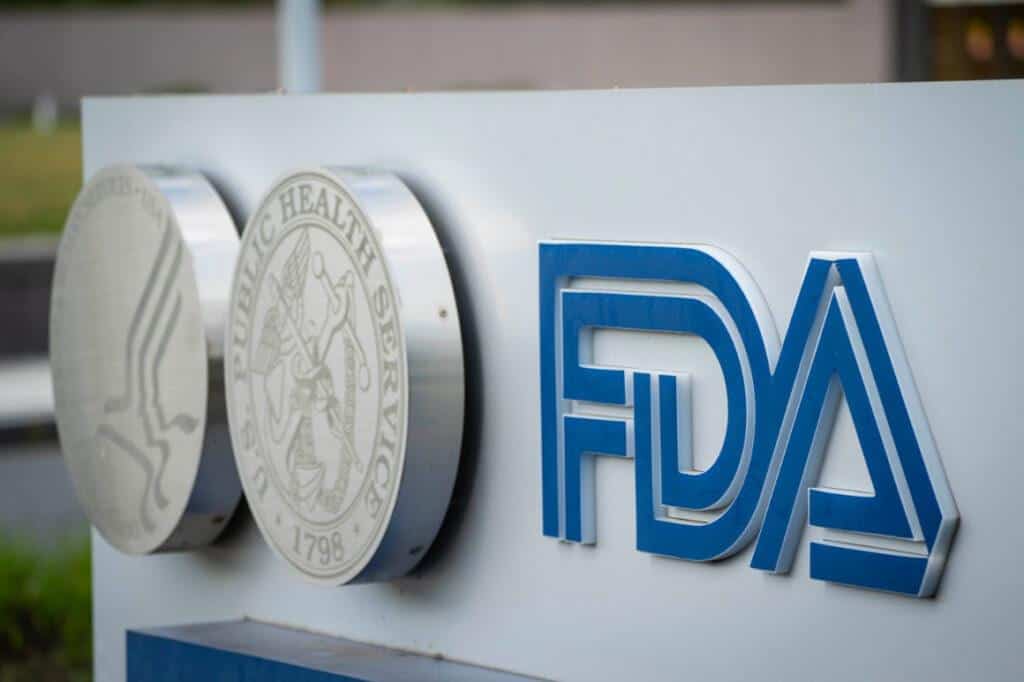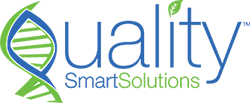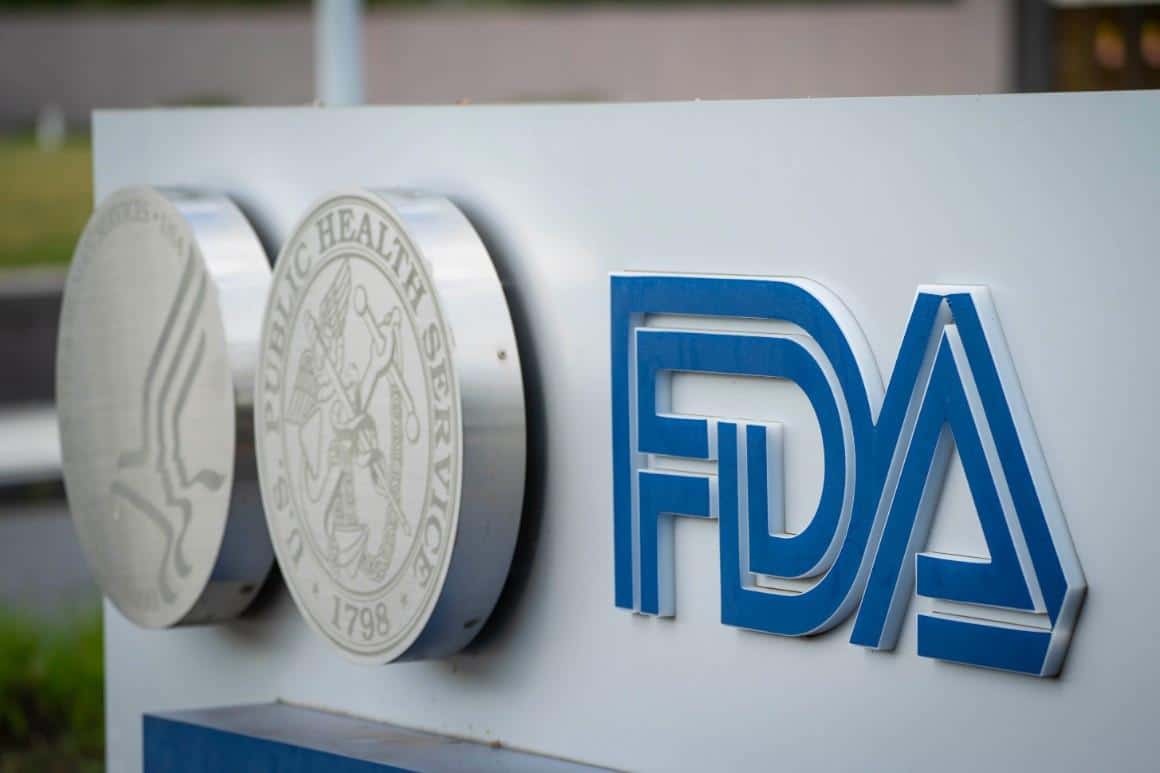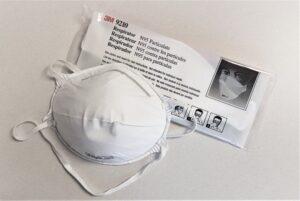 On Monday September 21st, the U.S. Food and Drug Administration (FDA) announced a proposed rule to establish additional traceability record keeping requirements for certain foods.
On Monday September 21st, the U.S. Food and Drug Administration (FDA) announced a proposed rule to establish additional traceability record keeping requirements for certain foods.
Although existing FDA regulations already require that certain records are established and maintained, it only forms a baseline for traceability record keeping. These additional proposed requirements will not only allow for standardization of records throughout the industry but will also allow the FDA to more quickly identify a source of contaminated product, reduce the scope of recalls and conduct more timely root-cause investigations.
A list of foods that will be subject to the proposed requirements has also be drafted and can be found here, “Food Traceability List”. The requirements of this proposed rule would only apply to foods that are on the FTL, which includes foods that have the listed foods as ingredients. However, the FDA encourages the voluntary adoption of these practices for all foods.
Key Features
Critical Tracking Events (CTEs)
Growing, receiving, transforming, creating and shipping have been identified as CTEs where records with Key Data Elements will be required. These records will need to contain the traceability lot code of the foods relevant to these elements.
Traceability Program Records
Additionally, any persons who manufacture, process, pack or hold foods that are listed on the FTL will be required to maintain traceability program records.
- A description of relevant reference records – This traceability program record must include a description of the reference record including where on the reference record the traceability information appears.
- A list of foods on the FTL that are shipped – Anyone who ships food that is listed on the FTL is required to keep a list of which listed foods they ship. This includes the traceability product identifier and the traceability product description for each food.
- A description of how traceability lot codes are assigned.
- Other information needed to understand the data provided within the require records.
Additional Requirements
The proposed rule would also require that:
- Records be maintained as either original paper records, electronic records, or true copies. They must also be legible and stored in a way that will prevent deterioration or loss.
- Traceability records must be provided to the FDA no later than 24 hours after the request is made.
- An electronic sortable spreadsheet containing all relevant traceability information must be provided to the FDA within 24 hours of a request when necessary to assist during an outbreak, recall or other threat to public health.
Full details can be found here https://www.fda.gov/food/food-safety-modernization-act-fsma/fsma-proposed-rule-food-traceability?utm_medium=email&utm_source=govdelivery



 Earlier this summer, Health Canada provided a notice to industry on the regulatory considerations for non-medical masks or face coverings, and the circumstances under which such masks or face coverings would be subject to the regulatory requirements for medical devices during the COVID-19 pandemic.
Earlier this summer, Health Canada provided a notice to industry on the regulatory considerations for non-medical masks or face coverings, and the circumstances under which such masks or face coverings would be subject to the regulatory requirements for medical devices during the COVID-19 pandemic.